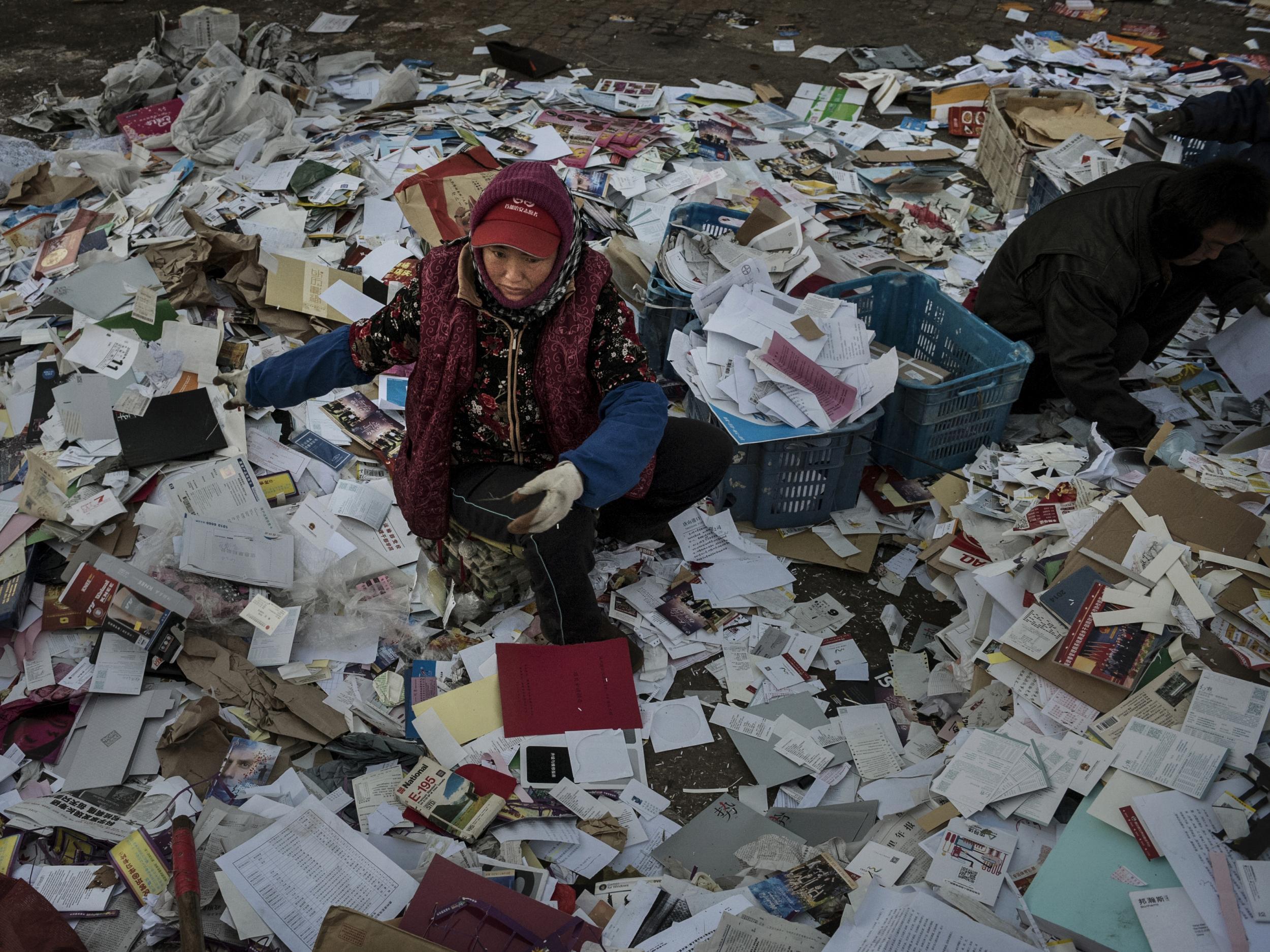Underground home housing 400 people discovered beneath Chinese apartment complex
The hidden space had been subdivided into workers’ dormitories complete with kitchens, single bedrooms and even a smoking room

Your support helps us to tell the story
From reproductive rights to climate change to Big Tech, The Independent is on the ground when the story is developing. Whether it's investigating the financials of Elon Musk's pro-Trump PAC or producing our latest documentary, 'The A Word', which shines a light on the American women fighting for reproductive rights, we know how important it is to parse out the facts from the messaging.
At such a critical moment in US history, we need reporters on the ground. Your donation allows us to keep sending journalists to speak to both sides of the story.
The Independent is trusted by Americans across the entire political spectrum. And unlike many other quality news outlets, we choose not to lock Americans out of our reporting and analysis with paywalls. We believe quality journalism should be available to everyone, paid for by those who can afford it.
Your support makes all the difference.Hundreds of people have been found living in an underground warren of windowless rooms under a luxury Beijing apartment complex.
The hidden space had been subdivided into workers’ dormitories complete with kitchens, single bedrooms and even a smoking room.
The tenants were migrant workers who had come to the city looking for low paid work, Chinese state radio reported.
At least 400 people are thought to have been living in the space, in stark contrast to the wealthy elites living in the spacious Julong Gardens above.
The basement space was owned by the government but was likely to have been sublet at some point, according to China National Radio.
The presence of the underground rooms came to light after residents of Julong Gardens began noticing people in the area who did not seem to live in the complex.
One Julong resident said there were around 140 rooms and he was concerned about safety as the kitchens were kitted out with a powerful rice cooker and fridges as well as a gas tank.
It is unclear whether the homes are illegal. Chinese authorities are reportedly investigating, but the case highlights the growing housing crisis in the capital.
The tenants are among the estimated one million people – known as shuzu or “rat tribe” – living underground in the subdivided bomb shelters and bunkers built under the city in the 1970s and 1980s.
Since Deng Xiaoping opened the country to the West and introduced free market reforms, China’s “economic miracle” has attracted millions of people to the cities in search of a better life.
Many of the poorer migrant workers who arrive in China’s megacities do so unofficially and have little rights under the state’s hukou system.
The hukou, or household registration system, means people are only able to access services such as healthcare and schooling where they are more – meaning millions of workers leave their children behind with their parents to work in the city.
The system was introduced when the Communists first came to power in the 1950s when controls on internal movement were much stricter and most of the country was rural.
In 2014, the Chinese government announced it would reform the hukou system as part of its scheme for 60 per cent of its 1.4bn population to be urbanised by 2020.
Join our commenting forum
Join thought-provoking conversations, follow other Independent readers and see their replies
Comments